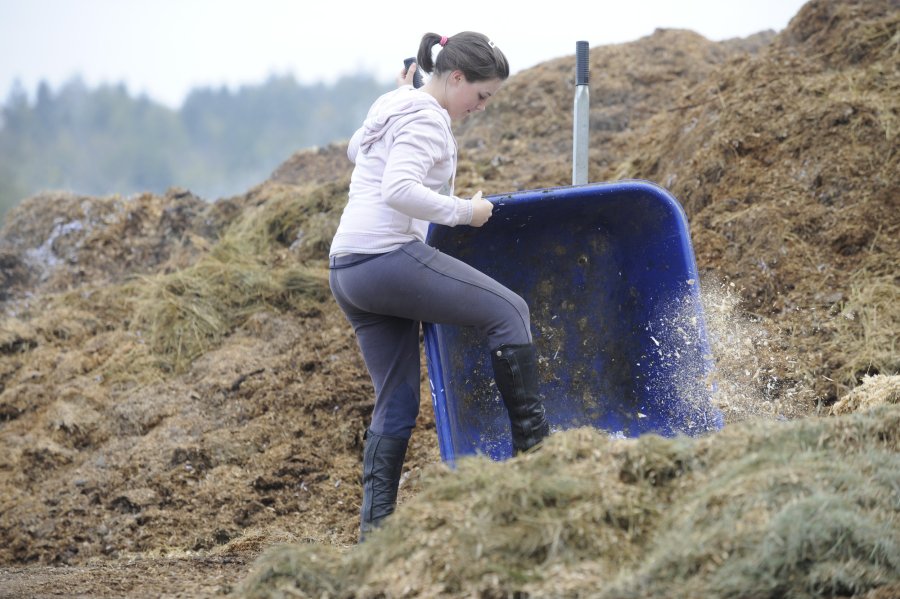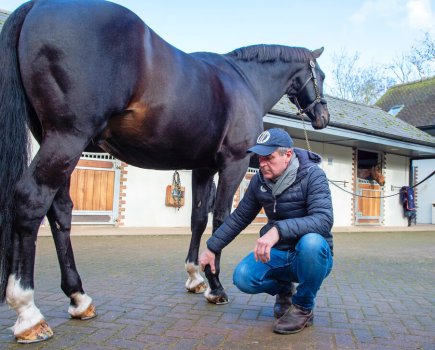Being eco-friendly while looking after your horse is possible if you’re environmentally conscious when looking after your stable and yard, you just need to add a few green changes to your horse’s routine.
1. Reduce your eco-impact
Many horses can’t tolerate full turnout without feeling miserable in the winter, and many yards insist horses are brought in when the fields are wet.
If your horse needs stabling, you can reduce the eco impact.
Most bedding is fairly eco-friendly – straw, shredded cardboard or paper are waste products, and wood chip and hemp are from renewable sources.
Source them locally to minimise the fuel needed for transport and use them frugally; careful mucking out can reduce the amount of new bedding used as can some deep littering methods.
2. Be green when you clean
You can avoid wasting water by using your horse’s left over drinking water to soak hay.
When washing numnahs and rugs, ditch the marine polluting detergents.
These can cause an allergic reaction in some horses, so try a natural alternative.
Soapnut shells, the fruit of the soap nut tree, can be bought on the internet and used in a washing machine to replace detergent.
3. Feed the natural way
Look out for unprocessed feeds as they’re better for the environment, your horse and your finances.
If you choose forage-based-options, approved by the Vegetarian Society and containing only a couple of ingredients, such as Lucerne, grass or beet pulp, you’ll avoid unnecessary additions, such as molasses and preservatives.
You can cut also the packaging by blending your own supplements.
For example you can buy brewer’s yeast, garlic granules, linseed, magnesium, salt or rosehip and adjust the mix to suit your horse’s feed throughout the year.
4. Let your paddocks turn greener
Solar powered elective fence energisers will save you the hassle of recharging a heavy battery, but make sure you choose one that has a back-up battery in the event of no sunshine.
If you need to sow your pasture, avoid ryegrass mixes as they provide too much energy for the average horse (though they’re fine for brood mares and young stock).
A more diverse seed mix, including Timothy, is more nutritious as well as providing a better habitat for wildlife.
5. Groom the eco-friendly way
If you’re buying tack avoid petroleum-based synthetic leathers and look for vegetable tanned leather.
Leather is more comfortable for you and your horse and it will last much longer and have a higher re-sale value.
Wood-backed brushes with natural horse hair will groom beautifully, as well as being better for the environment that plastic.










